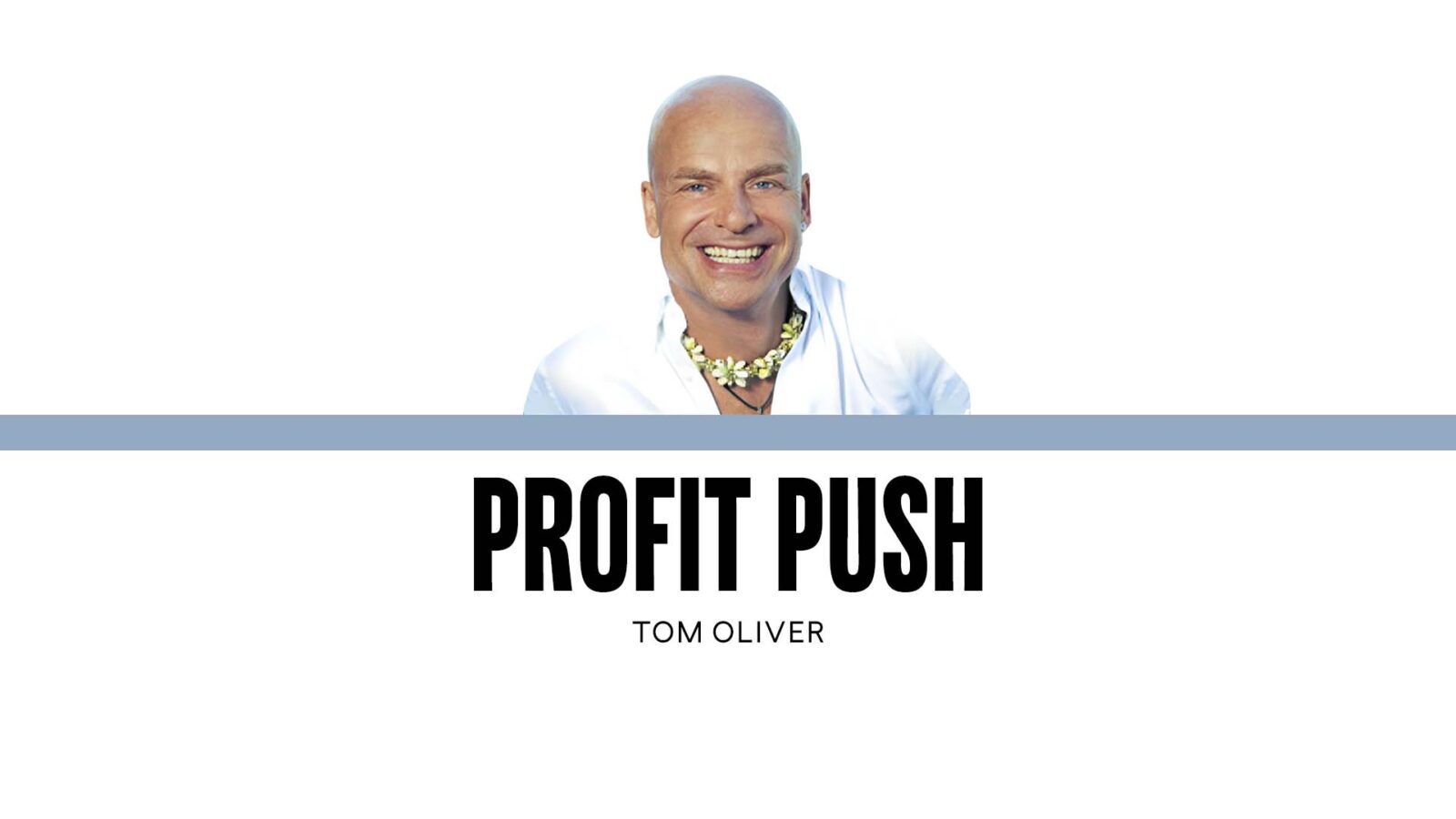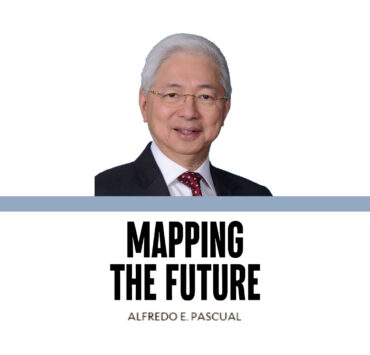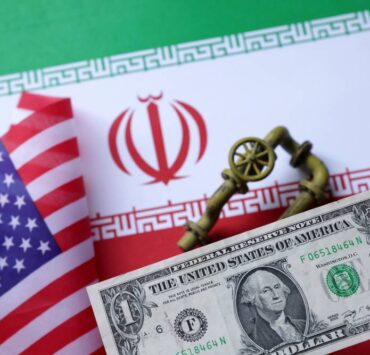Warning: Nepotism can kill your (family) business

In my many years of advising family businesses across geographies—from the Middle East to Asia, from Latin America to North America—I’ve witnessed a belief take root: meritocracy.
Founders and boards often say they choose the most qualified person, no matter the family ties. This idea makes everyone feel things are fair and open.
But behind this mask of equal opportunity often hides an ugly truth: bias, favoritism, a sense of entitlement, and bad succession choices quietly hurt results and break down trust—and profits.
Case study 1: European conglomerate
In a European conglomerate I advised, the role of the CEO was automatically given to the eldest daughter, even though she was not fit to lead.
Her actual motivation and passion were in sports, and she would have been better off receiving a regular dividend without any real role in the company.
This automatic passing down of the torch to the eldest son or daughter is still very common in a lot of cultures.
Most Asian and Middle Eastern countries follow this practice. It can be detrimental for a business, as it was in this case.
When the patriarch, who was still the main owner, approached me and my team with the request to professionalize and future-proof the business, naturally the CEO position was one of the first we looked at.
The eldest daughter “running” the business did not really run much at all. She spent more time playing tennis than anything else. She avoided difficult meetings, refrained from firing people who were not performing, and never took part in difficult conversations.
Case study 2: Asian patriarch
An Asian patriarch I advised, who founded a highly successful global brand, put his son in charge of one of his most important cash-cow businesses.
The truth was: his son really did not want to lead or have any role in the business. His motivation was not there. This is the hardest to fix.
In my many years of global experience, I have seen that executives are made, not born.
You can always teach skills, coach leadership, and make someone a great leader, even CEO. If—and that’s a big if—people have the motivation and drive to do the job. If that motivation is lacking, all else fails.
In this case, the son’s low performance had a very bad effect on the other top executives: Why work so hard if the son is taking it easy? Why try to work your way up if ultimately, family members get the job?
In a Brazilian multi-billion dollar conglomerate, the founder gave all three of his children board seats and great roles on paper. But in reality, they had no authority at all. And no training.
He missed the crucial opportunity to coach them on the job by giving them smaller, and then bigger responsibilities.
He was too busy leading the business and did not actively think about succession. When it was time for the children to take over because his health had suddenly declined, it was chaos.

The illusion of fairness
Meritocracy feels virtuous. Leaders adopt formal evaluation systems: peer reviews, key performance indicators, annual performance appraisals and even anonymous voting. They promise that family members will earn roles on merit alone.
However, when the founder’s favorite child is consistently assigned critical projects or promoted ahead of peers, whispers grow louder: meritocracy was never the goal—it was a comforting myth.
Family dynamics are fraught with emotion. Parental affection can cloud judgment, making it hard to assess a child’s true capabilities objectively. Siblings may compete for approval, prompting parents to reward the one who best mirrors their values—or even physical traits.
Hidden favoritism
Favoritism often masquerades as strategic alignment or cultural fit. Consider the daughter-in-law whose business ideas are lauded as visionary simply because she married into the family. Meanwhile, a cousin with a stronger track record in operations is sidelined as “not ready.”
This creates a dual-class workforce: insiders who advance irrespective of results, and outsiders who, despite clear performance, find their careers stalled. Talent bleed ensues as top performers exit for merit-based environments.
Entitlement is another byproduct. Raised amid privilege, heirs believe leadership roles are birthrights, not achievements. They bypass rigorous onboarding, leadership training and mentorship programs.
Often, they lack the humility to seek external education or coaching, convinced that family legacy is sufficient preparation. This arrogance manifests in micro-decisions—ignoring customer feedback, neglecting financial controls and imposing personal whims on company strategy.
Poor succession decisions
Succession planning is perhaps the most critical failure point.
Families often procrastinate, assuming the current leader will remain indefinitely. The lack of preparatory protocols and contingency planning magnifies the damage, eroding stakeholder confidence and saddling the business with long-term financial burdens.
Ultimately, inaction curtails growth opportunities and can even lead to the irreversible sale or breakup of a once-thriving dynasty.
Meritocracy myths persist because confronting favoritism triggers family conflict.
Acknowledging bias demands transparency many founders fear.
Breaking the myth: Five to thrive
Independent oversight: Create a family council with external advisors authorized to assess candidates against published criteria.
Mandatory external experience: Require next-generation members to spend at least three years outside the enterprise—in corporate roles, startups, or nongovernmental organizations—to build credibility and skills.
Structured leadership development: Implement rotational assignments, 360-degree feedback, and coaching by nonfamily executives to ensure objective performance appraisal.
Clear succession roadmaps: Publish a detailed succession charter—emergency protocols, interim boards, and step-by-step handover procedures—to avoid leadership vacuums.
Cultural reset workshops: Facilitate annual offsite sessions led by neutral facilitators to surface hidden tensions, align on values, and recommit to fairness.
Tom Oliver, a “global management guru” (Bloomberg), is the chair of The Tom Oliver Group, the trusted advisor and counselor to many of the world’s most influential family businesses, medium-sized enterprises, market leaders and global conglomerates. For more information and inquiries: www.TomOliverGroup.com or email Tom.Oliver@inquirer.com.ph.



















